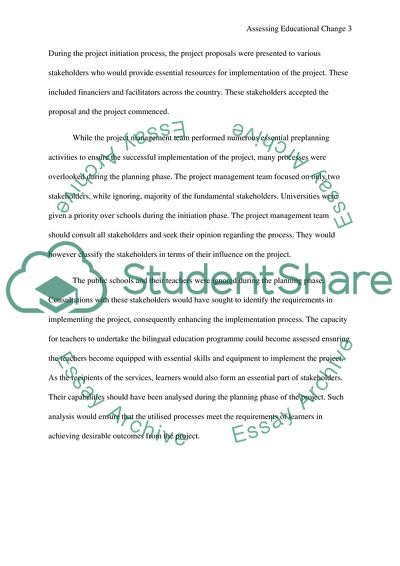Cite this document
(“Assessing Educational Change Essay Example | Topics and Well Written Essays - 1250 words - 1”, n.d.)
Assessing Educational Change Essay Example | Topics and Well Written Essays - 1250 words - 1. Retrieved from https://studentshare.org/education/1625997-assessing-educational-change
Assessing Educational Change Essay Example | Topics and Well Written Essays - 1250 words - 1. Retrieved from https://studentshare.org/education/1625997-assessing-educational-change
(Assessing Educational Change Essay Example | Topics and Well Written Essays - 1250 Words - 1)
Assessing Educational Change Essay Example | Topics and Well Written Essays - 1250 Words - 1. https://studentshare.org/education/1625997-assessing-educational-change.
Assessing Educational Change Essay Example | Topics and Well Written Essays - 1250 Words - 1. https://studentshare.org/education/1625997-assessing-educational-change.
“Assessing Educational Change Essay Example | Topics and Well Written Essays - 1250 Words - 1”, n.d. https://studentshare.org/education/1625997-assessing-educational-change.


